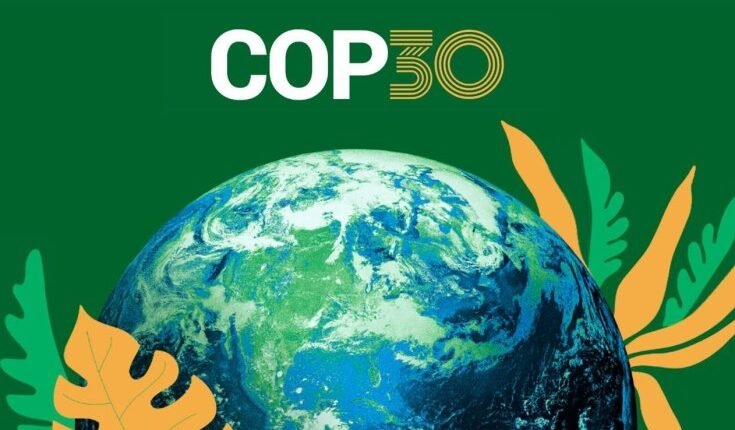Cleaner technology: COP30 pushes for sustainable cooling, AI innovation
Cleaner technology: COP30 pushes for sustainable cooling, AI innovation
Delegates at the 30th Conference of the Parties (COP30) have urgently called for the widespread adoption of sustainable cooling solutions and the strategic integration of Artificial Intelligence (AI) to combat the escalating climate crisis.
AI, they said, is already helping farmers predict droughts and manage crops more efficiently, but the environmental cost of training large models and running vast data centres is raising alarms.
Meanwhile, cooling – once seen as a luxury, now a survival need in many parts of the world – remains one of the fastest-growing sources of greenhouse gas emissions. From passive cooling architecture to solar-powered refrigeration, sustainable alternatives are gaining traction but scaling them up is another story.
At the centre of the negotiations at COP 30 is the long-delayed Technology Implementation Programme, a blueprint for getting life-saving innovations into the hands of those who need them most.
But progress is slow. Intellectual property rules, commercial restrictions, and financing hurdles continue to block access for developing countries – even as the urgency grows.
COP30 Executive Director of Ana Toni made this statement during a session she attended on technological innovations that could accelerate climate solutions – from flood warning systems and methane-monitoring satellites to breakthroughs in energy efficiency.
The issue returned to centre stage on Tuesday with the launch of the Beat the Heat Implementation Drive, a joint push by Brazil’s COP30 Presidency, the UN Environment Programme (UNEP), and partners in the Cool Coalition.
The initiative aims to make cooling more accessible – and less polluting – in a world where deadly heatwaves are becoming the norm.
Cooling demand is expected to triple by 2050, driven by rising temperatures, growing populations, and expanding access to inefficient cooling systems. Without intervention, emissions from cooling could nearly double, overwhelming power grids and pushing climate goals out of reach.
The UNEP’s new Global Cooling Watch 2025 report warns that business-as-usual cooling could generate 7.2 billion tonnes of CO₂-equivalent emissions by mid-century.
The Beat the Heat drive promotes a Sustainable Cooling Pathway – a mix of passive design, nature-based solutions, and clean technologies that can slash emissions by up to 97 per cent when paired with rapid decarbonization.
It’s not just about air conditioners: cool roofs, urban green spaces, and low-energy systems are central to the plan. Nearly two-thirds of the potential emissions cuts come from passive and low-energy solutions, many of which are affordable and scalable.
“Cooling must be treated as essential infrastructure, alongside water and energy,” UNEP Executive Director Inger Andersen said.
Read Also: DSS files charge against man for allegedly calling for coup
“But we cannot air condition our way out of the heat crisis.”
More than 185 cities – from Rio to Nairobi – have signed on to Beat the Heat, alongside 72 countries backing the Global Cooling Pledge. The initiative is designed to bridge gaps in finance, policy, and delivery, especially for vulnerable communities on the frontlines of climate change.
While artificial intelligence (AI) isn’t part of the formal negotiations at COP30, it’s gaining traction in the Action Agenda – a platform designed to mobilize voluntary climate action from civil society, businesses, investors, cities, and states. These actors may not sign treaties, but they’re essential to turning climate commitments into reality.
Brazil’s Government is mapping successful examples of how AI can support climate resilience, a growing trend among other UN Member States.
One standout comes from Lao People’s Democratic Republic, where researcher Alisa Luangrath developed an AI-powered irrigation system in Savannakhet Province, a region hit hard by water shortages and climate stress.
She was named the 2025 winner of the UNFCCC “AI for Climate Action” Award.

